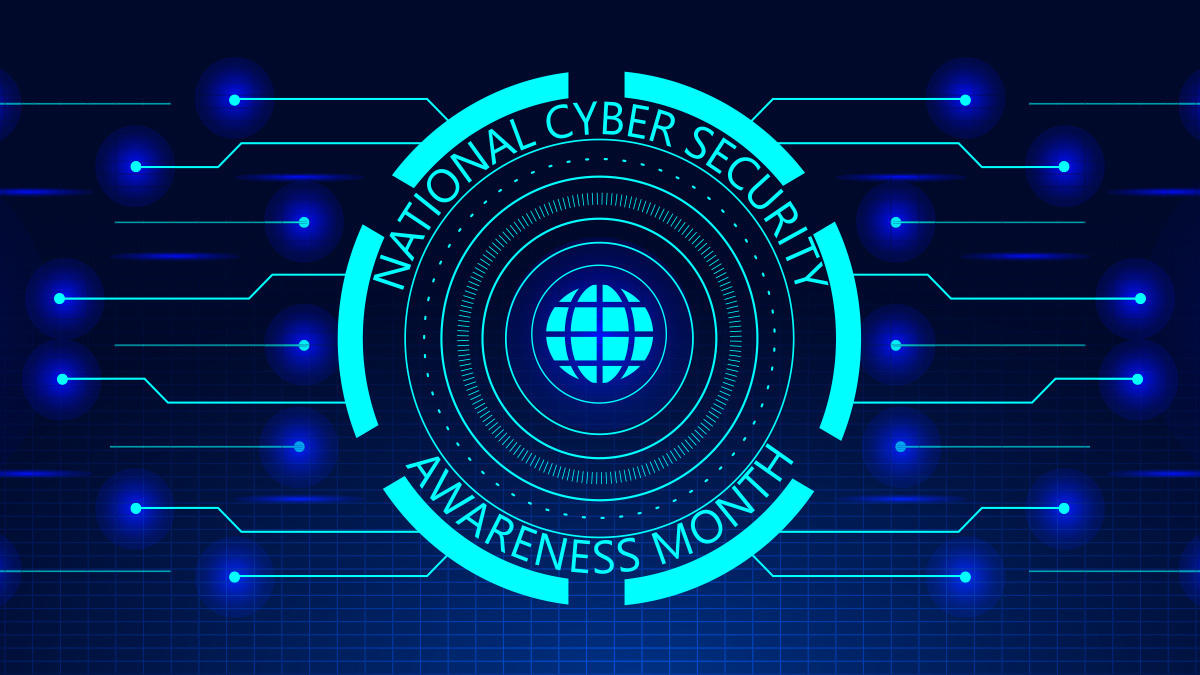‘Applying a regular security regime is no longer a nice thing to do – it’s a compulsory thing to do,’ one expert warns

Cybersecurity awareness is for life, not just for October.
That’s the message Microsoft is keen to push as the 2020 edition of National Cybersecurity Awareness Month (NSCAM) draws to a close.
This October marked the 17th year of the awareness drive spearheaded by the US Department of Homeland Security.
The annual event aims to educate Americans about the importance of cybersecurity by providing free resources to help citizens surf the web safely.
Read more of the latest cybersecurity news from the US
For 2020, the US Cybersecurity and Infrastructure Security Agency (CISA) and the National Cyber Security Alliance (NCSA) teamed up on the theme: ‘Do Your Part #BeCyberSmart’.
Topics were based around securing devices in the home and at work, with a particular emphasis on internet-connected technology within healthcare – an ongoing concern for many.
The agencies released weekly resources including tip sheets on how to protect against identity fraud, multi-factor authentication, and other advice.
Elsewhere, the FBI also offered educational materials on topics including cybercrime threats and the FBI’s approach, Covid-19-related cyber scams, and recruitment within the cybersecurity industry.
The agency also listed a number of tips on how to protect against cybercrime on its website, including being aware of phishing messages, keeping software and systems up to date, and using a two-factor authentication process for online payments.
YOU MAY ALSO LIKE Spoiling the ballot: Cyber issues cast cloud over US presidential election
Universities across the nation held webinars discussing topics including password security, hosted by the University of California Santa Barbara, and the cyber threat landscape, hosted by University of California Irvine.
Even security organizations and vendors joined in, pushing the message by using the #BeCyberSmart hashtag.
Protecting our digital identities
NCSAM has proved to be a popular campaign with the government and security industry alike. But as Microsoft warned in its latest blog post: there is still a lot to do.
Does promoting security awareness through an annual event go far enough to ensure the continued safety of web users?
Niamh Muldoon, senior director of trust and security at OneLogin, told The Daily Swig that she agrees with Microsoft in that cyber awareness should be at the forefront all year round.
Muldoon said: “Our lifestyles have undergone a digital transformation. Therefore, just like keeping your body and mind healthy, we need to keep our digital identity healthy.
“Applying a regular security regime is no longer a nice thing to do ¬– it’s a compulsory thing to do.”
READ MORE ‘Compromised credentials’ most likely vector in Trump re-election site defacement
She added: “National security awareness months are a good reminder for us all to slow down to support us speeding up in protecting our digital identities, and the data and information assets associated with it.
“2020 has made us all witness to the digital transformation acceleration the pandemic as ushered in. Therefore, I believe we need to be accelerating our cybersecurity stance and working with governments, regulators, industry bodies, and experts to implement cyber security awareness.”
Reflecting on NCSAM 2020, Jamie Akhtar, CEO and co-founder of CyberSmart, told The Daily Swig: “I think national awareness months are great.
“They bring important topics that might linger in ‘specialist’ forums or publications to the forefront.
“Cybersecurity can be daunting but hopefully, during NSCAM people learn enough to understand that a) it’s not as difficult as they thought, b) it’s a critical part of sagely navigating the internet, and c) it’s useful well outside October!”
RECOMMENDED Spreading the word: The changing role of the security evangelist in a post-Covid era






